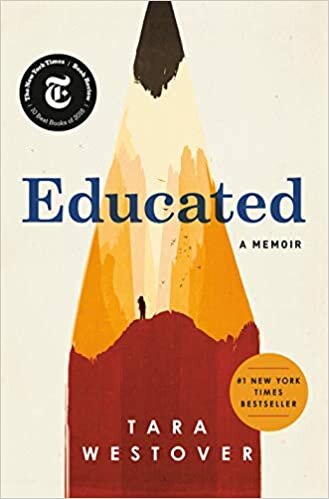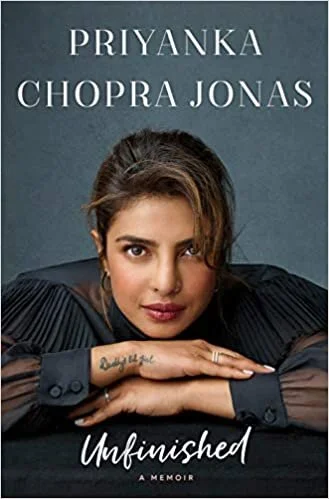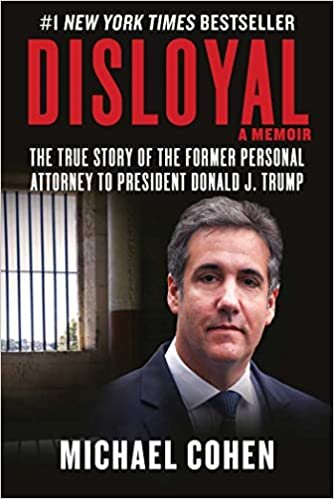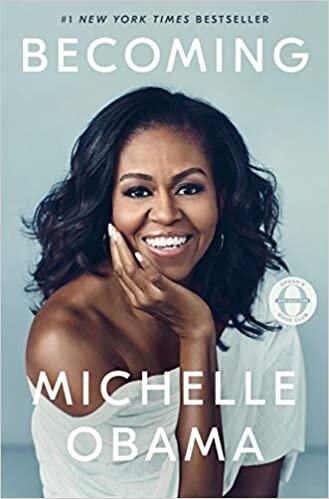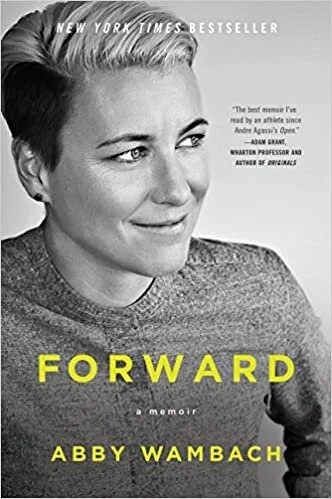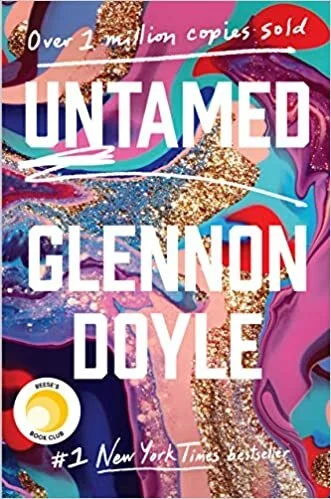Great Memoir Title Ideas: Tips, Formulas, and Examples
For some authors, a title for your memoir will just magically appear to you: when you’re in the shower, chopping vegetables, trying to go to sleep, or in some other random moment.
Maybe a friend put an idea in your head and you decided to run with it, and there’s no looking back.
For other authors? Um, yeah. Not so much. You’ve got nothing.
I mean, your manuscript is solid. But you’re completely stumped when trying to come up with a title for it.
Good ideas may seem to elude you. Or you come up with an idea, only to talk yourself out of it, change it straightaway, or become so attached to it that no amount of pleading, no amount of chocolate, coffee, hard cash, or whatever it is that gets you motivated, can convince you to give it up.
What, then, is so tricky or challenging about coming up with good memoir titles?
Part of it is the closeness you have to the book. You have to define your story in a handful of words, and that can be difficult. Emotionally risky. You want it to resonate, and you don’t trust that it will.
But beyond that, coming up with a good title for your memoir is more difficult and more subjective than, say, coming up with a good title for another type of nonfiction book.
Memoir Title Formulas
Memoir titles are usually more creative than narrative history titles and biography titles. A more creative person probably will have an easier time than a less creative person.
Memoir titles occasionally use what developmental editor Scott Norton (no relation to the bowler or professional wrestler) calls emblems and paired emblems.
In Developmental Editing, Norton defines an emblem as “a well-chosen detail from the text, often a concrete noun.” Is there a significant moment in the book that you can reference? A turning point in your life? A hilarious moment? Something powerful and symbolic?
Paired emblems, he says, are two “contrasting emblems that evoke a paradox.” If your life has been a struggle between two opposing forces, perhaps referencing two contrasting things in your memoir title would be appropriate.
But you don’t need to title your memoir that way. Here are a few other memoir title formulas with examples.
Some memoirs use an evocative word (often with a subtitle) to sum up the theme of the book or a word that describes you: Educated. Unfinished. Disloyal. Becoming. Forward. Untamed.
Some memoirs use a phrase—metaphorical or literal—in the title. Is there a phrase that describes you?: Scrappy Little Nobody. Something personal to you?
Or you might fill in the blank: This book is about my becoming a [insert the blank]: Grateful American: A Journey from Self to Service.
A memoir title might be a sentence. A quote from the book. Something you tell yourself. Something you said to someone else in the memoir: I’ll Show You.
Memoir Subtitles
A memoir subtitle is optional. It can provide keywords and context for the title: Where I Come From: Life Lessons from a Latino Chef.
I would recommend a subtitle in most cases.
If your book title is metaphorical, evocative, one-word, comical, or creative, adding the subtitle A Memoir or A Memoir of . . . can help indicate that the book is a memoir: Girl Walks Out of a Bar: A Memoir
Adding a subtitle is often a good idea for shorter titles. Up to you.
Test Your Title on Your Target Audience and Your Experts
It’s a good idea to test the title with people who are in your target audience. Set up a poll on social media. Ask your closest family and friends.
Run it by your book coach or editor. (I’m a book coach and editor for nonfiction authors.)
Ask an employee at your local bookstore if they think it would work and if they could see selling a book with that title. From personal experience, they’ll appreciate you asking and will enjoy thinking of memoir titles they’ve seen and enjoyed.
The world needs your book!
Happy writing,
